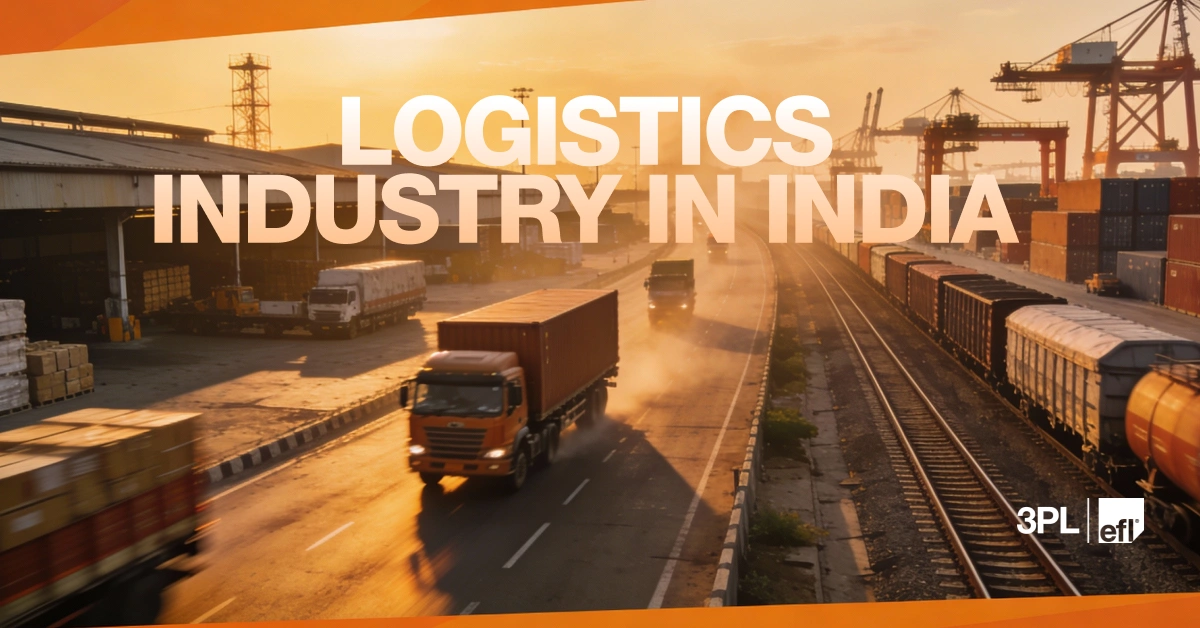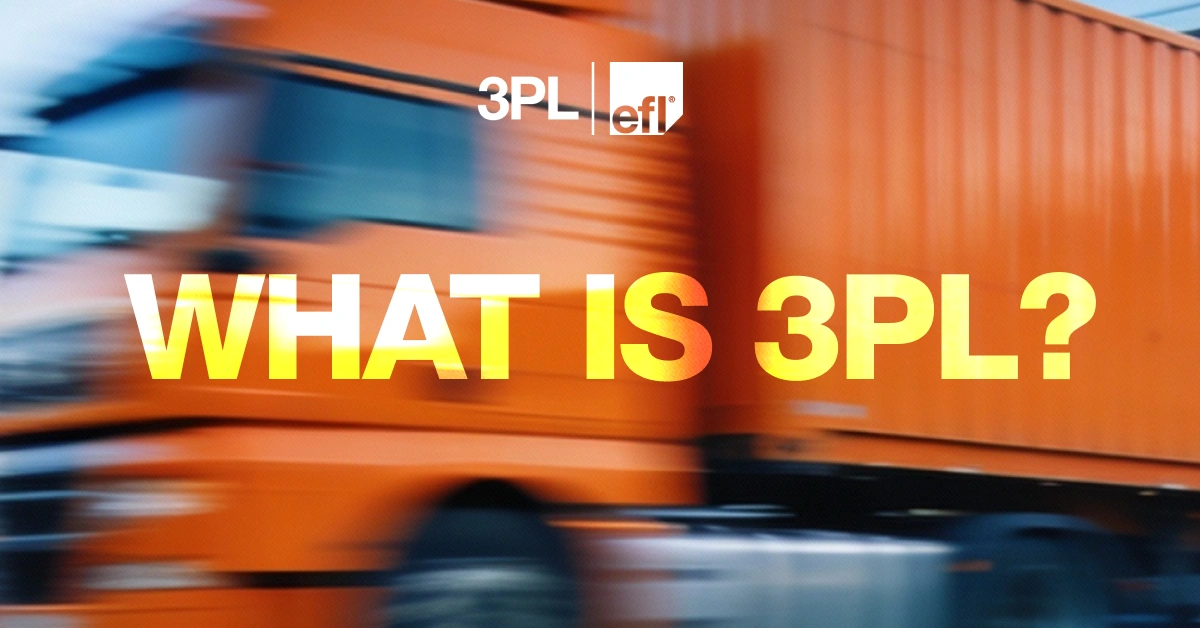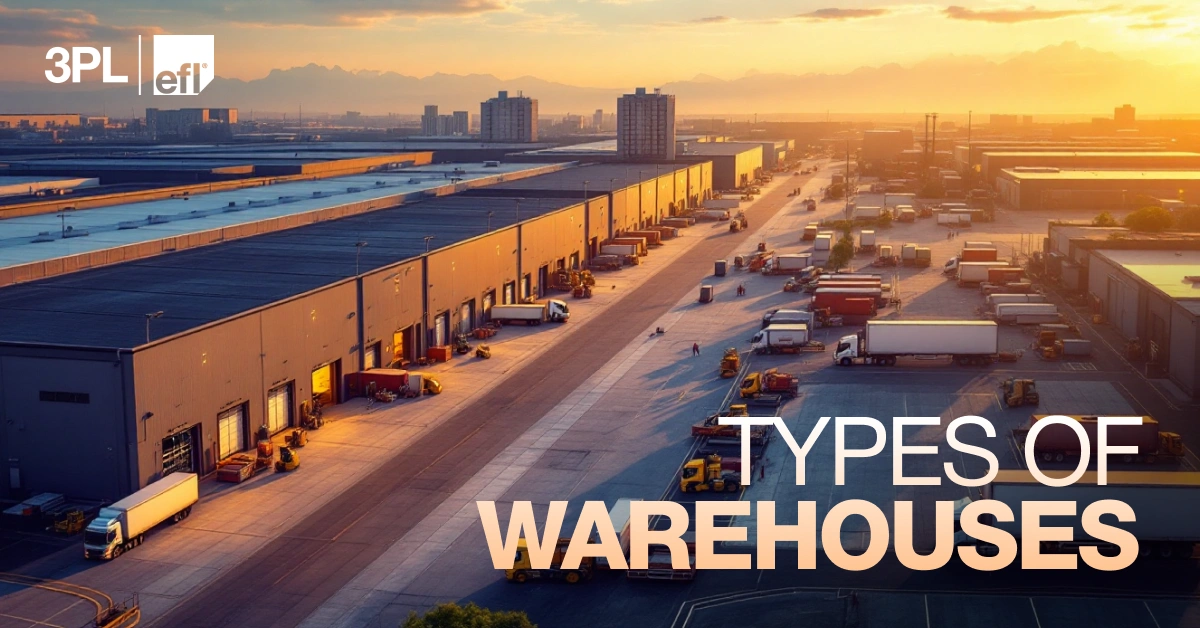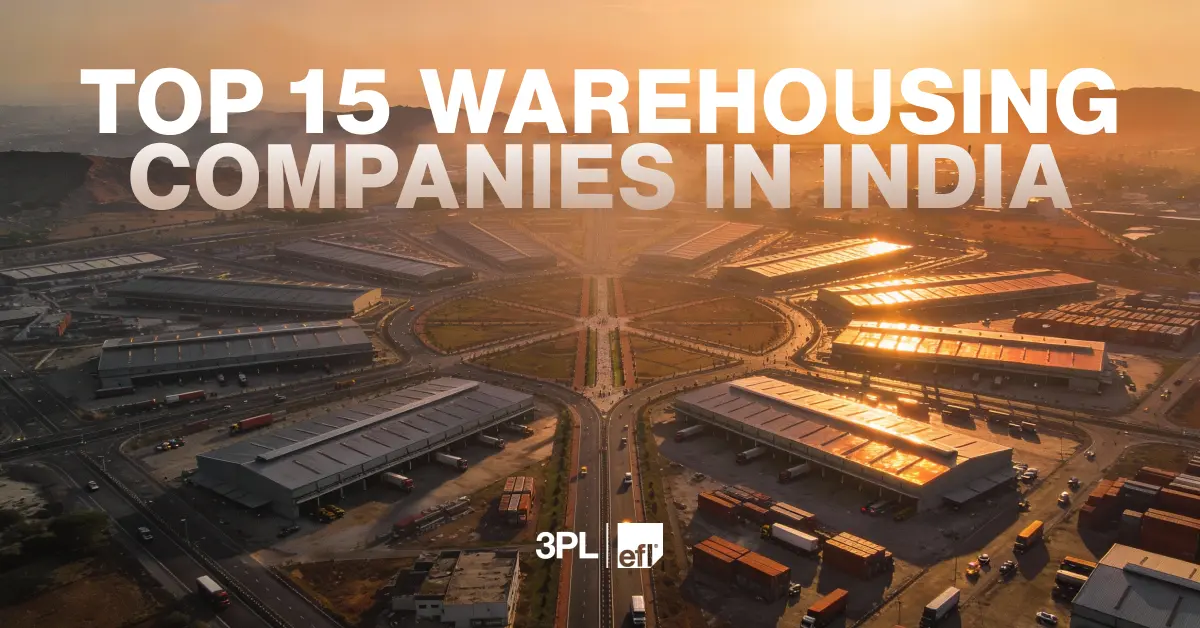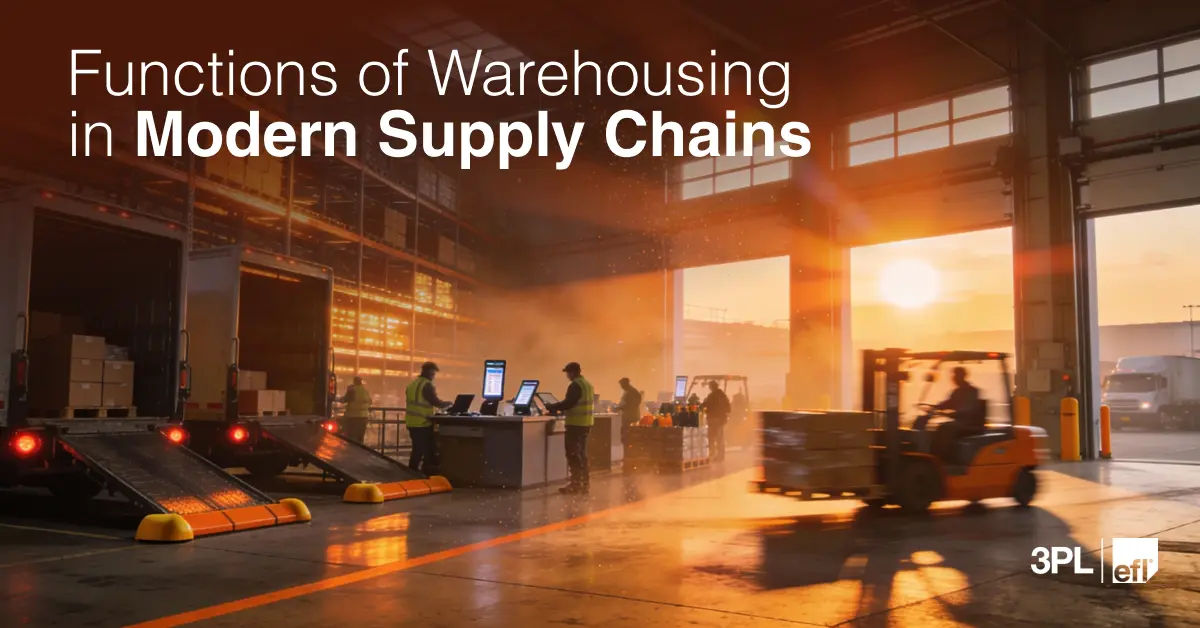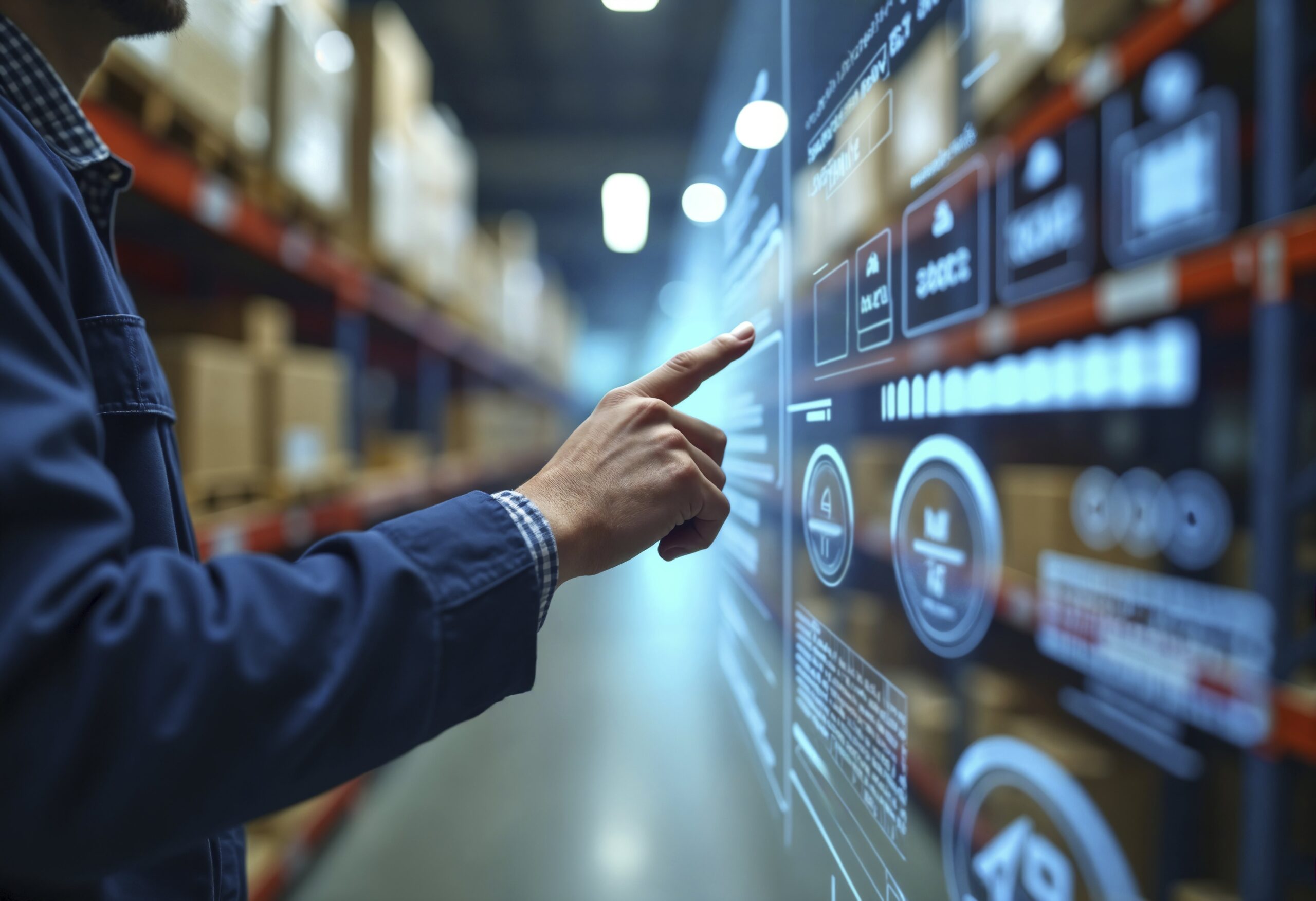How Ecommerce Fulfillment Solutions Are Revolutionizing Online Retail Logistics in India

Introduction
India’s ecommerce space isn’t what it used to be. From late-night impulse buys to festive sales that break the internet, online shopping habits are shifting at lightning speed. Behind all this action lies a silent engine: fulfillment. And today, it’s not just about shipping boxes, it’s about delivering trust, speed, and satisfaction.
That’s where Ecommerce Fulfillment Solutions come into play. These logistics services are changing how brands handle orders, manage inventory, and reach customers. Especially in a complex market like India.
So, What Exactly Are Ecommerce Fulfillment Solutions?
When someone hits “place order,” the countdown begins. The item has to be found, picked, packed, and delivered. That entire process, everything after the buy button, is managed by fulfillment providers. They take care of storage, order management, delivery, and even reverse logistics when things are returned.
In simple terms, Ecommerce Fulfillment Solutions help online businesses outsource the most operationally heavy part of ecommerce, while still maintaining speed and accuracy. It’s like giving your business an engine that runs day and night without you needing to build it yourself.
Why Now? Why India?
India’s ecommerce growth is no longer news, it’s expected. But what’s noteworthy is how varied and complex customer expectations have become. A buyer in Bengaluru might want next-day delivery, while another in Bareilly is fine with waiting, but expects regular updates.
In this scenario, efficient fulfillment isn’t a bonus; it’s essential. With marketplaces like Amazon and Flipkart setting high standards, even independent brands are under pressure to deliver fast and flawlessly.
That’s why so many of them are turning to Ecommerce Fulfillment Solutions. These partners offer scale, speed, and structure, all without the overhead of running in-house logistics.
Key Benefits of Smart Fulfillment
1: Fast-Tracked Deliveries: Speed is king. Today’s buyers expect their products yesterday. Fulfillment centers located across zones cut down delivery timelines dramatically. Orders can be shipped same-day or next-day in many cities, even during peak periods.
2: Clean Inventory Management: Running out of stock? Overstocking low-sellers? These are problems that eat into profit. Fulfillment systems often come with real-time inventory tracking, predictive restocking, and SKU-level analytics. You can make sharper decisions without spending your day on spreadsheets.
3: Simpler Returns: Returns are no longer a sign of poor product quality, they’re part of the buying cycle. The right fulfillment partner makes reverse logistics feel as effortless as ordering, which in turn boosts customer loyalty.
4: Scalable Operations: Whether you’re processing 10 or 10,000 orders a day, Ecommerce Fulfillment Solutions can adjust capacity based on your sales rhythm. You don’t need to hire new teams or find more warehouse space, it’s all built in.
Also Read: What Are Third Party Logistics Services and Why Your Business Needs Them in 2025
Real Tech Behind the Scenes
These aren’t just warehouses with shelves. Fulfillment centers today are powered by serious technology.
- AI forecasting helps brands prepare for demand spikes ahead of time.
- Integrations with ecommerce platforms ensure real-time updates.
- Barcode and RFID tracking reduce errors.
- Smart packaging systems speed up the packing process, reducing handling time.
This blend of tech and logistics is what enables both reliability and flexibility—two things customers value deeply.
Tailored for Every Kind of Brand
The beauty of modern fulfillment? It’s not just for enterprise brands. Here’s how different players are using it:
- Bootstrapped startups use fulfillment partners to launch faster and cover more zones from day one.
- Mid-size D2C brands gain consistency and reduce manual errors during growth phases.
- Big sellers on marketplaces automate large-scale operations and sync inventory across channels.
The goal is the same across the board: focus on the brand, let fulfillment experts handle the rest.
Getting Closer to Every Customer
Traditionally, reaching customers in smaller cities or remote regions posed logistical nightmares. But that’s changing. Many Ecommerce Fulfillment Solutions now include satellite hubs, regional delivery partnerships, and micro-warehousing. The result? Faster delivery to PIN codes that were once considered “unserviceable.”
This expanded reach isn’t just about speed. It’s about accessibility—bringing quality products to more people, regardless of their geography.
Greener, Smarter, Better
Sustainability has finally entered the logistics chat. As consumers grow conscious about packaging waste and carbon footprints, businesses are adapting. Fulfillment providers now offer:
- Paper-based or compostable packing material
- Shared delivery routes to reduce emissions
- EV fleets in urban areas for last-mile delivery
For brands, it’s a win-win: smaller footprint and a stronger bond with value-driven consumers.
How to Find the Right Partner
Choosing a fulfillment provider isn’t just about price. Here’s what really matters:
- Coverage: Do they operate in the areas where your buyers live?
- Tech stack: Will their system talk to your store?
- Reputation: Do they meet SLAs? What do their clients say?
- Support: How do they handle errors or escalations?
The best Ecommerce Fulfillment Solutions aren’t just warehouses, they’re strategic partners in your business journey.
Conclusion
Logistics might not be the most glamorous part of ecommerce, but it’s definitely one of the most powerful. In a world where customers expect speed, transparency, and reliability, having the right fulfillment strategy makes all the difference.
Ecommerce Fulfillment Solutions are helping brands of all sizes keep up with modern retail demands, without burning out their teams or blowing up their budgets. They offer something rare in business: freedom to grow, without friction.
As ecommerce in India continues to expand, the question isn’t whether to invest in better fulfillment, it’s how soon you can.
